How do Ecosystems Recover from Extreme Drought?
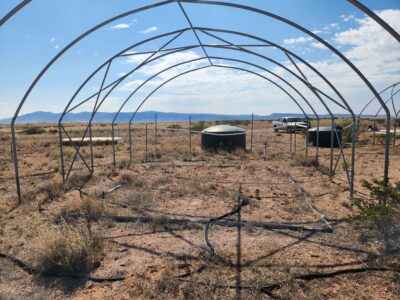
A team of Sevilleta LTER researchers are leveraging an existing long-term drought experiment to build critical understanding of dryland ecosystem responses in the aftermath of extreme drought.

A team of Sevilleta LTER researchers are leveraging an existing long-term drought experiment to build critical understanding of dryland ecosystem responses in the aftermath of extreme drought.
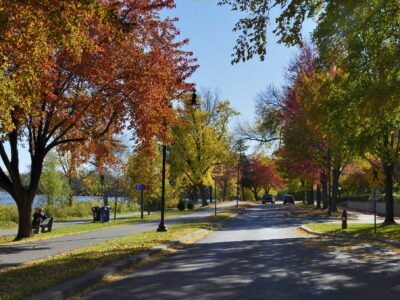
A new paper from the Minneapolis-St. Paul LTER shows that properties that had a racial covenant have better access to environmental benefits than those without.
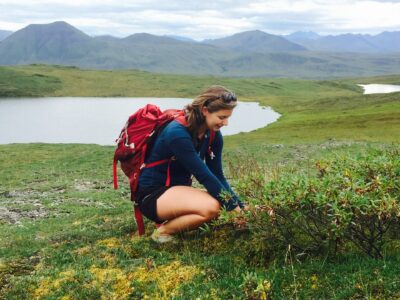
Scientists at the Arctic LTER find that different points along a gradient of soil fertility aid ectomycorrhizal and ericaceous tundra shrubs. Their findings hint at the potential for those two types of shrubs to co-expand over the Arctic—a previously unconsidered scenario that could have vast implications for the future of the northern tundra
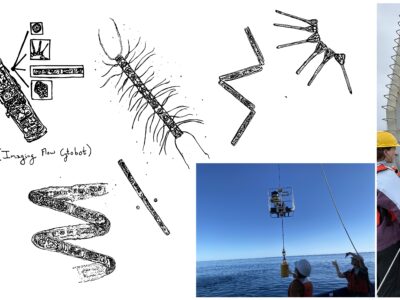
Welcome aboard the most recent cruise of the California Current Ecosystem LTER (CCE-LTER)!
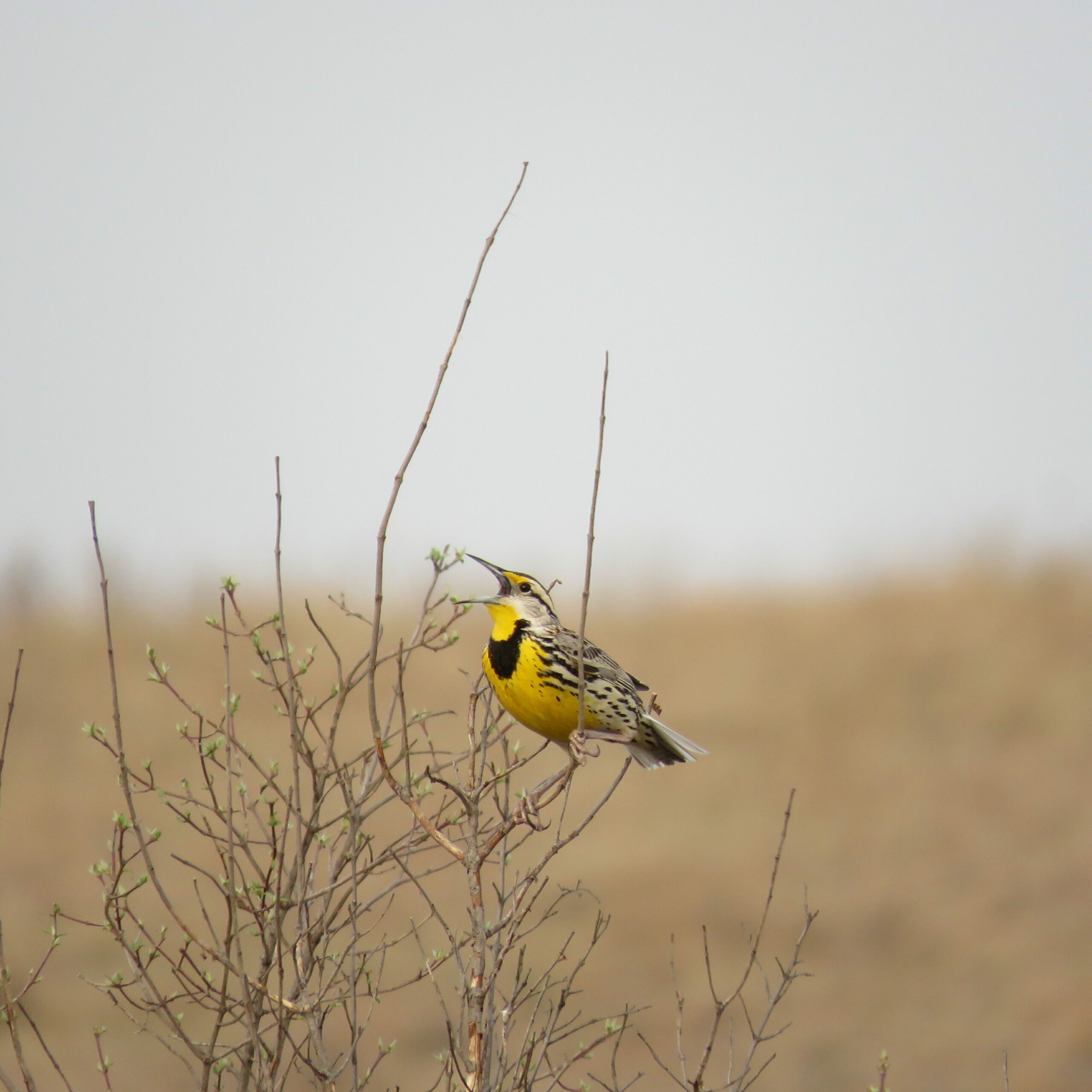
Grassland birds, by changing their nest characteristics and breeding patterns, are more resilient to drought than previously thought.
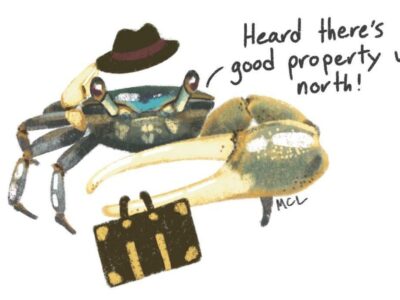
Atlantic marsh fiddler crabs facilitate the aboveground growth of a foundational saltmarsh grass, but this positive interaction becomes negative as crabs migrate north.
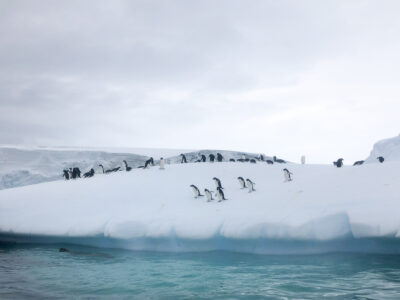
researchers at the Palmer Antarctic LTER show that the Adelie penguin population has suffered as a result of climate change induced krill shortages.
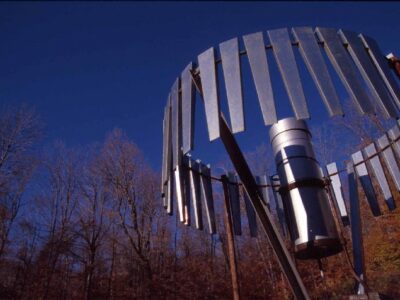
As ecological trends change with a changing climate, the Hubbard Brook Online Book will continue to reflect the most current understanding of the forest ecosystem whenever it is read.
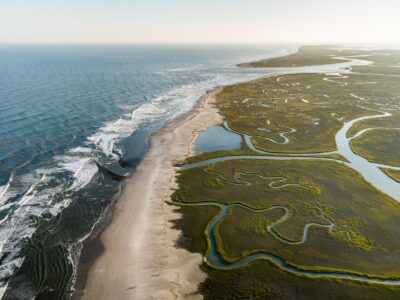
Sea level rise is eroding Virginia’s barrier islands, potentially flipping carbon rich coastal ecosystems from sinks to sources.
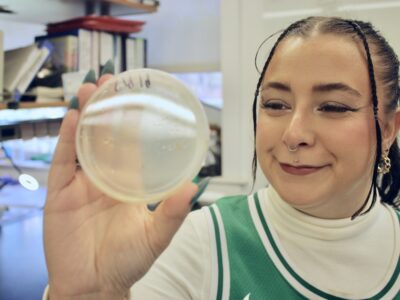
By culturing fungi living within salt marsh plants, Postdoctoral Researcher Dr. Kylea Garces and PhD student Mya Darsan can learn not only what fungi are present, but how they benefit their plant hosts.